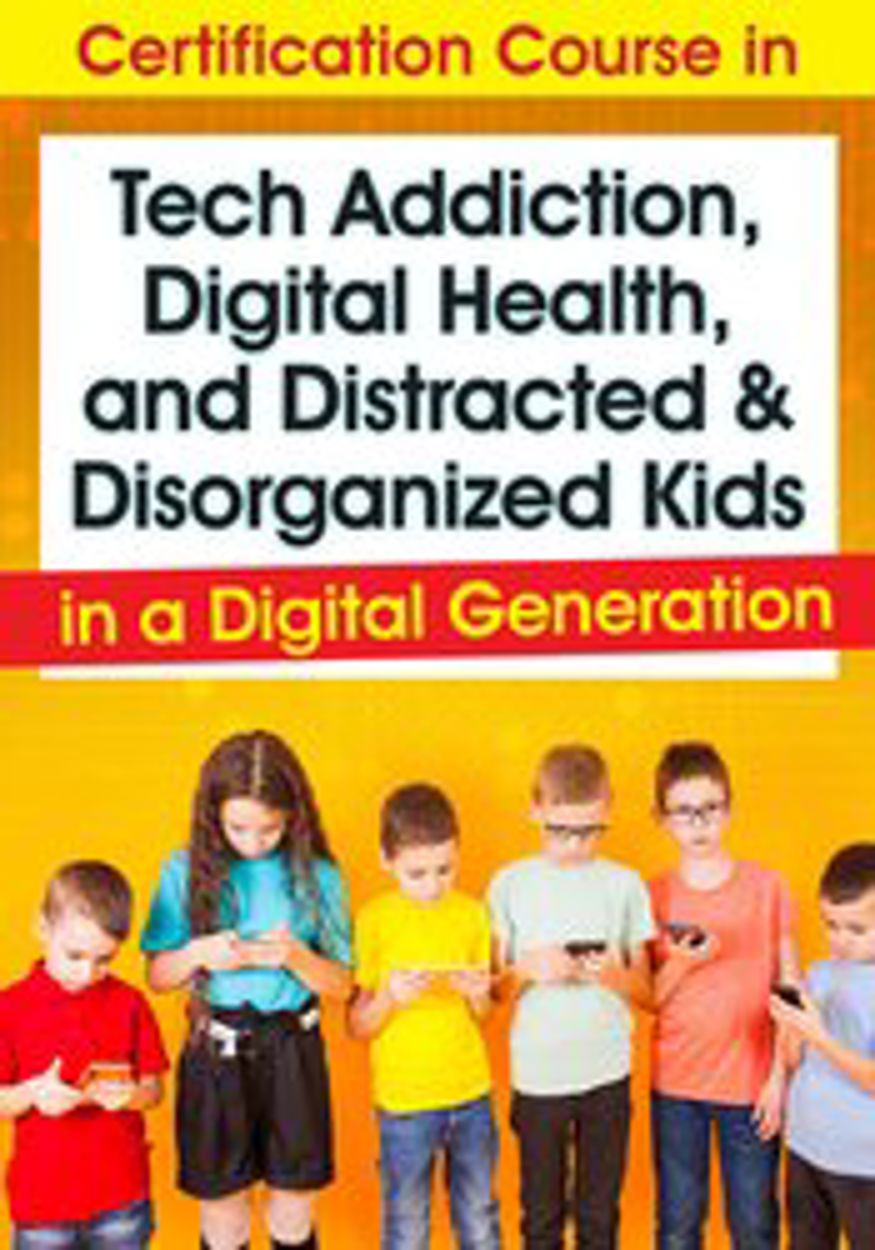Managing Screen Time in a Digital World

Media has taken over our lives.
It has opened the door to knowledge, opportunities to engage with people from around the world, and what we hoped to be increased productivity in business and at home. However, the downside is that screen time interferes with important family interactions and life experiences if not managed. Parents and children alike are faced with a new way of living with technology that is always at our fingertips.
At home, we are also guilty as parents for choosing distraction tools to keep kids occupied just to balance work, homework, and after-school activities.
Child won’t eat? Distraction with the TV or iPad will do the trick and I will at least know my child is getting some food and nutrition (or maybe just food because at this point, you are happy with 5 bites of mac and cheese).
Need to help your teen with a project while your elementary schooler needs to stay out of your hair? Sure! Just this once….or maybe more than once….you can play on the iPad while I help your brother.
Long car ride or even just a ride to football practice in traffic? A movie in the back seat sounds perfect to reduce fighting between siblings or the “are we there yet” complaints.
Sometimes, it’s just easier…
It can feel easier and sometimes rewarding in the moment to use screen time to occupy children. They seem happy, we feel happy….right? But what we really want for our children is to experience long-term happiness and pride in their accomplishments. We want them to have perseverance and persistence when things get hard. And we hope they have the social skills and ability to build lasting friendships that are meaningful and fulfilling.
If I think back on family car rides, my mom had the foresight to make us each activity bags for our long trip across the country. (My dad was in the navy so I moved a lot.) Entertaining, yes! Did we get reprimanded for fighting sometimes? Absolutely. Did we still get a daily exciting prize/game/coloring book to add to the activity bag – yes. And I love that my mom did that. Car games and sharing space taught us how to negotiate and take turns, tolerate sharing space with others, and also gave use each things that we could do on our own to learn, grow, and get positive feedback.
Think about your own family
Is screen time out of balance in your household? Do your children have fights over the iPad that end in crying and difficulty putting it away to move on to the next activity? Are the battles making life more stressful in the long run?
The blue light from screens stresses the visual system and disrupts sleep. The stimulation from games and videos contributes to emotional dysregulation and preoccupation with screen time that is scarily like addictive behavior. And the amount of hours spent sitting – even if the games are “educational” – have a minimal impact on supporting brain growth to optimize a child’s development for long term success. Want to know more about what goes on inside a child who can’t break free of screen time? Check out this article: This is Your Child’s Brain on Video Games.
So, what can you do?
Realize you are on a journey of new age parenting.
A digital generation with the world at their fingertips is filled with short term happiness but long-term effects on development if we don’t model the habits of success. And as parents, we can be guilty of too much screen time because we “have a reason” to be on our phones – checking email, talking with our friends and getting support, watching an educational parent video. All good reasons, yes, but being present with your child and showing your child how to navigate the ups and downs of life is priceless and has so many more far-reaching benefits.
Decide what the balance is for your family.
Don’t just reduce screen time, plan times to get active and engage with your children. We get so busy with our to-do lists, running to soccer practice, and cooking dinner that we forget that children can help us with all those things – and they will be better for it because their bodies NEED experiences that create new brain connections through life experiences. Did I hate raking leaves when I was young? Totally. But in hindsight, know that I was more coordinated and healthier for doing it.
Add in “Family Time” that involves movement.
If you are like me, you may never play a ball sport. Ever. But that doesn’t mean that swimming, running, biking, trampoline parks, or hiking in nature are off the table. Just choose activities that are a match for your child’s level of coordination and ability so that the routine of movement will add value, not stress, to your life.
Persist and Persevere.
Raising a child, especially a child with sensory and learning needs, is hard work. And it’s a long-term assignment. Sometimes we do need quick solutions that make our child happy in the moment. The world will never go back to a time where “Smart” technology did not exist. But we can learn right along with our children about how to develop habits that will help our children succeed in a digital generation.
-----
Editor’s note: This blog first appeared on Sensational Achievements March 13, 2019
Want more on the growing impact of technology on learning and behavior?

Average screen time per child has risen 2.5 hours per day in the last decade — while the rates of ADHD, depression, suicidality, and anxiety also continue to rise. Children have been cooped up indoors with screens for far too long. Now, in this completely self-paced course, we’ll show you how to help children with ADHD, autism, mental health disorders, and related issues find more opportunities for multi-sensory integration — increasing attention and enhancing brain development!




